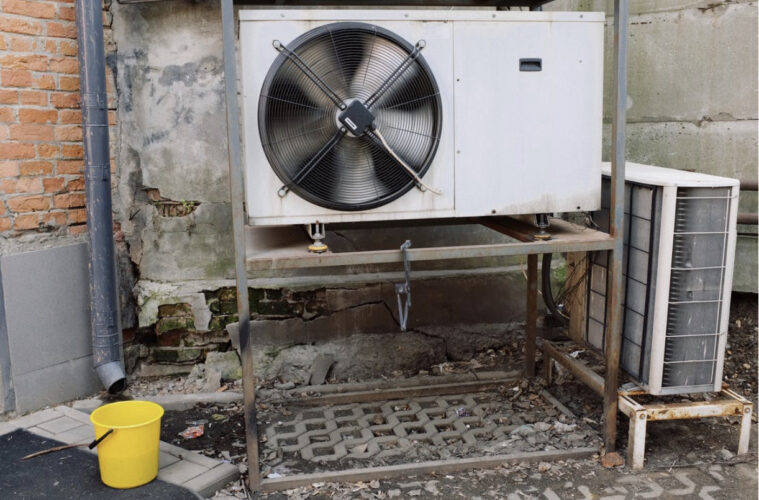How do you become a qualified HVAC technician? An HVAC technician’s work involves installing, maintaining, and repairing different indoor air quality systems, including air conditioners. Other duties they can do include performing warranty checks, doing emergency repairs, and listening to clients’ queries. An HVAC technician can be a freelance individual or someone working with an HVAC installation company.
While you can learn this job on-site, it is recommended to learn and train from reputable schools and colleges to become the best HVAC technician. Here, you will learn and train with experts to become the best. Here are five critical steps to becoming the best HVAC technician.
Step 1: Get a high school degree or equivalent
To start your journey to become the best HVAC technician, you need to complete your high school degree or any other equivalent. This education is offered and examined by relevant government bodies and opens up chances of going into further steps of becoming an HVAC technician. The subjects you need to concentrate fully on this model include physics, chemistry, maths, and vocational education. If you are a high school student, the US Bureau of Labor Statistics recommends students training in the shop courses, including basic plumbing, electrical work, and electronics. With this education, you will have ignited well your journey of becoming an HVAC technician.
Step 2: Complete an approved training Program
You will need to undergo an approved training course to become an HVAC technician. Most colleges that offer this course award the students with certificates or college degrees. It’s essential to enroll in an approved school to be sure of getting a certificate or a degree. There are different schools and colleges which offer this program. They only differ on the time frame, program cost, and the subjects taught in training. If taking a diploma or certificate HVAC program, you can complete the same in ten months and earn your certificate. The more sophisticated courses, the Associate Degree and the baccalaureate degrees will take two years and four years, respectively. The more you study for this program, the more you become competitive in the job market. During this training, the coursework might involve studying residential systems and HVAC controls.
Step 3: Pursuing Apprenticeship and gaining experience
To ensure you are fit for the job market, you must pass through the apprenticeship program to gain experience. Most employers won’t take candidates who haven’t passed through these programs. Those who plan on getting an HVAC apprenticeship will take three to five years, depending on your selected unit. You can get this from contractor associations and approved unions. At times, you might learn additional coursework and on-job training during your apprenticeship period. During your apprenticeship, you will learn with trade unions and, if lucky, earn a stipend while training. With an apprenticeship, you become industry savvy, training on tool applications, and educate yourself on the industry’s safety practices.
Step 4: Get state licenses and industry certifications
There are states in the United States and other countries you can’t practice without the required licenses. There are licenses from the state, while others come from industry organizations. You need to get them all to ensure you operate flawlessly and get hired even in sophisticated situations. For instance, any technician who wants to handle a refrigerator must have an EPA certification, and so on. You can get certificate programs from local colleges, trade schools, and technical institutes. It’s essential to ensure you get a certificate related to the equipment you can service and one that fits your operation region. Some certificates enable you to handle any HVAC equipment and require additional education and training.
Step 5: Continue learning or complete your degree programs
If you need to increase your specialization and earn more from this industry, you can continue learning to complete the degree programs. Most technicians will start working after getting their certificates and licenses. You can continue pursuing an associate’s or bachelor’s degree or learn other programs which deal with vast heating and cooling equipment, including commercial furnaces, heat pumps, residential boilers, and unit ventilators.
While this can get challenging, it greatly defines your earnings in this industry: the more knowledge, the more job chances, and the earnings. The highest degree can make one have skills in control theory, hydronic system design, energy audit and analysis, HVAC system design, and more. This leads to better opportunities, including employment in industry leaders like ARS/Rescue Rooter.
The above are the steps you can take to become a complete, qualified HVAC technician. As you can see from the steps, it all depends on how far you’ll want to go. You can take the minimum challenge or study until the degree programs. The latter the better since they will guarantee you better chances in the job market, which will make you earn more from your skills.
Published by HOLR Magazine.


